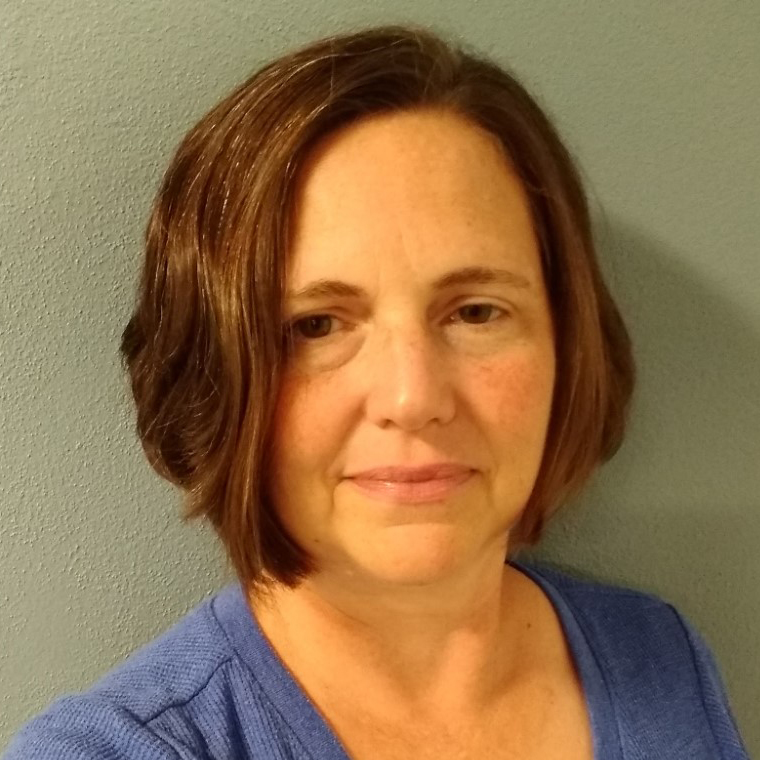FAITH AND LIFE GATHERING REPORT
by KrisAnne Swartley
As we gathered on the morning of February 8 at Perkasie (PA) Mennonite Church around tables to read scripture, share, and pray, I was struck by the humanness in the room: some expectant mothers or new parents, some approaching retirement age, some in mid-life juggling the needs of multiple generations as well as congregations. Our humanness means vulnerability.
The table group I participated in brought that vulnerability to the text of Ephesians 4. Whether gifted as apostles or prophets, evangelists, pastors, or teachers, we acknowledged our limitations to exercise these gifts perfectly. There are times when some of these gifts have not been well-cultivated in historically Mennonite churches. We also recognized the limitations of our conferences or denomination to welcome and bless the diversity of these gifts.
At the same time, we were also able to celebrate that faithful people exercise these gifts, often in positions not formally recognized by church bodies. In doing so, they have built up the church and equipped believers in powerful ways. Sunday school teachers, youth group volunteers, and kitchen and janitorial volunteers sometimes act as evangelists and pastors to people in surprising and faithful ways.
In this complexity and diversity, there is unity. Right now, unity is a complex word for Mosaic Conference. Perhaps it always has been, but this feels like a unique and difficult moment for us. Our table noted that there is a difference between unity and uniformity. Unity can exist amidst differences in perspective and practice. Uniformity demands same-ness. We did not come up with any easy answers for living with diversity in unity without uniformity, but as we talked honestly from our different stages of life and ministry context, there was clear humility and a desire for loving conversation. In our human limitation, perhaps that is miracle enough.

Paul talks of loving conversation as “speaking the truth in love” (Ephesians 4:15). Someone around the table remarked how that phrase can be used as a weapon instead of cultivating a spirit of humility as Paul meant here. I wondered aloud, if we don’t have love, are we really speaking truth? If God is love and we recognize God as our source of truth, is it even possible to speak truth without love? We probably could have spent the rest of the day wrestling with our definitions of both love and truth!
Most powerful for me during the morning was our time of prayer. Each of us prayed for someone else around the table and asked God’s blessing on our sister or brother. We had all briefly shared our hopes, fears, and challenges in life and ministry. The genuine prayers for God’s presence and power in the midst of our vulnerability were tender and faith-filled. The morning was a breath of fresh air in the middle of the demands of the week. We left there, still human, but blessed.

KrisAnne Swartley
KrisAnne Swartley currently serves as Pastor of Worship and Administration at Doylestown (PA) Mennonite Church. She has served there in various roles since 2011. KrisAnne and her husband, Jon, have two children, Heidi and Ben. She enjoys being out in nature, coloring books, a strong cup of coffee, and hanging out with her cat and dog.
The opinions expressed in articles posted on Mosaic’s website are those of the author and may not reflect the official policy of Mosaic Conference. Mosaic is a large conference, crossing ethnicities, geographies, generations, theologies, and politics. Each person can only speak for themselves; no one can represent “the conference.” May God give us the grace to hear what the Spirit is speaking to us through people with whom we disagree and the humility and courage to love one another even when those disagreements can’t be bridged.
